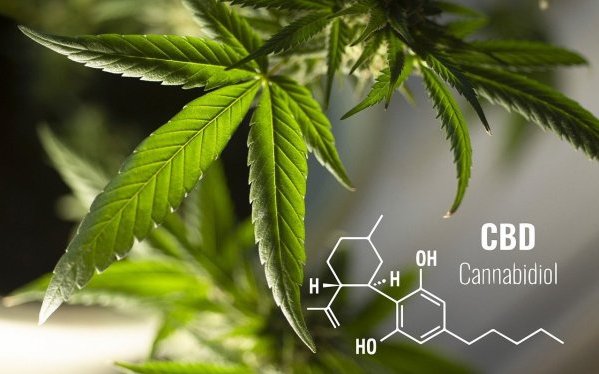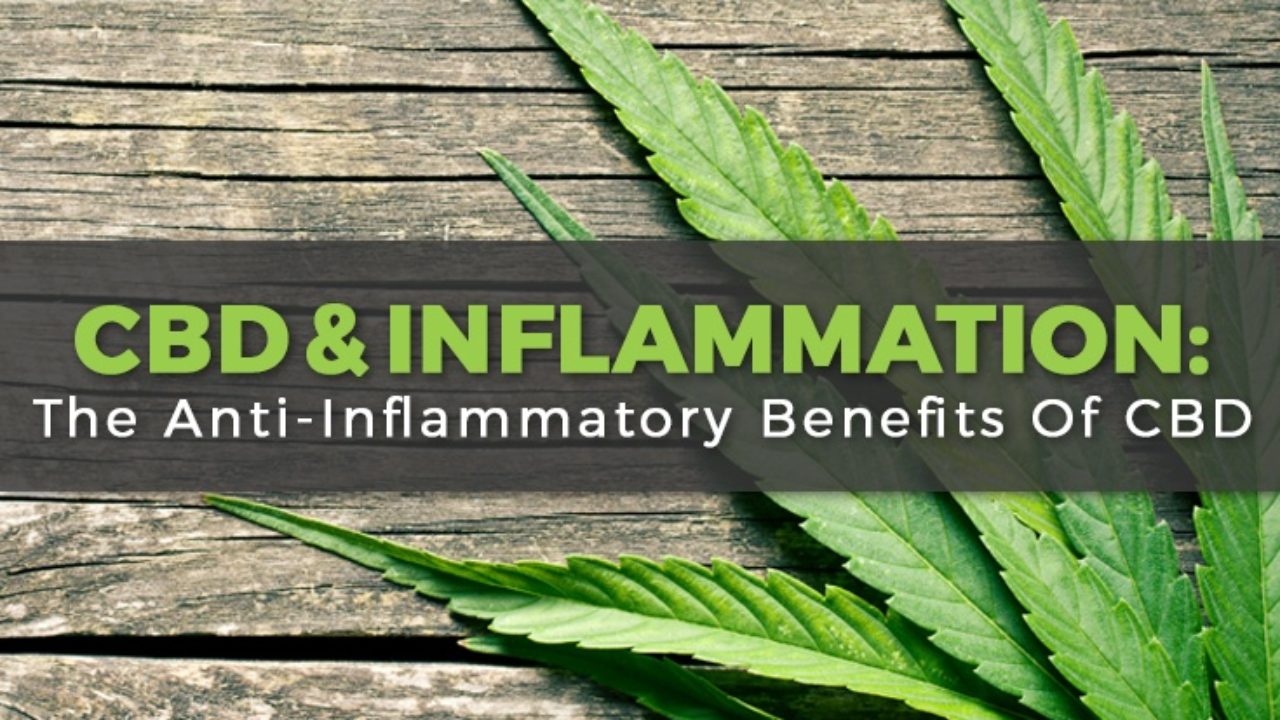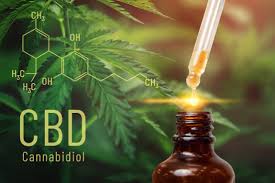With the increasing interest in alternative health remedies, CBD has become a hot topic in recent years. As more and more people seek natural solutions for their health concerns, CBD has gained significant popularity for its potential therapeutic benefits. But with this surge in popularity comes the need for a deeper understanding of CBD and its potential side effects.
In this article, we will explore the world of CBD and shed light on its possible side effects. We will delve into the factors that can influence these side effects and the precautions one should take when using CBD products. By the end of this article, you will have a comprehensive understanding of the potential risks associated with CBD and how to use it responsibly.
Now, let’s take a closer look at CBD and why it has captured the attention of so many individuals seeking natural remedies.
What is CBD?
CBD, or cannabidiol, is a naturally occurring compound found in the cannabis plant. It is one of many cannabinoids in cannabis, with another well-known cannabinoid being tetrahydrocannabinol (THC). However, unlike THC, CBD does not produce the psychoactive effects commonly associated with cannabis use.
CBD has gained significant attention in recent years for its potential therapeutic benefits. It is believed to interact with the body’s endocannabinoid system, crucial in regulating various physiological processes, including pain sensation, mood, appetite, and immune function. CBD may help restore balance and promote overall well-being by interacting with the endocannabinoid system.
Sources of CBD
CBD can be derived from both hemp and marijuana plants. Hemp-derived CBD contains only trace amounts of THC, making it federally legal in the United States. On the other hand, marijuana-derived CBD may contain higher levels of THC and is subject to varying legal regulations depending on the state.
There are several methods of extracting CBD from cannabis plants, including solvent extraction, CO2 extraction, and steam distillation. Each method has its own advantages and can produce different types of CBD products, such as CBD oils, tinctures, topicals, edibles, and capsules.
It’s important to note that the quality and purity of CBD products can vary. To ensure you are using a high-quality product, look for third-party lab testing and certificates of analysis from reputable manufacturers. These tests verify CBD products’ potency and safety, providing consumers peace of mind.
In the next section, we will delve into the potential side effects of CBD and how they can be mitigated.
To learn more about CBD and its various forms, you can visit this link.
Potential Side Effects of CBD
While CBD is generally well-tolerated by most individuals, it is important to be aware of potential side effects that may occur. These side effects are typically mild and temporary, but understanding them is crucial before incorporating CBD into your routine.
Drowsiness and Fatigue
One of CBD’s most commonly reported side effects is drowsiness and fatigue. Some individuals may experience feelings of sleepiness or lethargy after taking CBD. This is particularly true when higher doses are consumed or when CBD is used with other sedating substances. It is important to avoid activities that require mental alertness, such as driving or operating heavy machinery until you know how CBD affects you personally.
Dry Mouth
Another potential side effect of CBD is dry mouth, also known as “cottonmouth.” CBD can temporarily reduce saliva production, leading to a dry, parched feeling in the mouth. While this side effect is generally mild and easily manageable, staying hydrated and drinking plenty of water throughout the day is still important. Chewing sugar-free gum or sucking on lozenges can also help alleviate the discomfort of dry mouth.
Changes in Appetite
CBD may also affect your appetite. Some individuals may experience an increase in appetite, commonly called the “munchies,” while others may notice a temporary decrease in appetite. These changes are generally mild and transient, but listening to your body’s cues and eating a balanced diet is important to maintain overall health and well-being.
Diarrhea
In some cases, CBD consumption may lead to gastrointestinal discomfort, including diarrhea. This side effect is relatively rare and is more likely to occur when high doses of CBD are consumed. If you experience diarrhea after taking CBD, you should reduce your dosage and consult a healthcare professional if the symptoms persist.
Interaction with Medications
CBD can potentially interact with certain medications, particularly those metabolized by the liver. CBD inhibits the activity of specific enzymes responsible for drug metabolism, affecting how certain medications are broken down in the body. This can lead to higher or lower levels of the medication in the bloodstream, potentially impacting its efficacy or causing unwanted side effects. If you are taking prescription medications, it is important to consult your healthcare provider before incorporating CBD into your routine to ensure no potential interactions.
It is essential to note that everyone does not experience these potential side effects of CBD, and they are generally mild and self-limiting. However, it is always recommended to start with a low dosage and gradually increase as needed. This allows you to gauge your response and minimize the likelihood of experiencing any adverse effects.
In the next section, we will explore the factors that can influence the occurrence and intensity of CBD side effects. Understanding these factors will help you make informed decisions about CBD usage and ensure a safe and enjoyable experience.
Factors Affecting CBD Side Effects
Several factors come into play when it comes to the potential side effects of CBD. These factors can influence the severity and likelihood of experiencing any adverse effects. It’s important to understand these factors to ensure responsible usage and maximize the benefits of CBD.
Dosage
The dosage is one of the most significant factors that can affect CBD. The amount of CBD consumed plays a crucial role in determining its impact on the body. A higher dosage may increase the likelihood of experiencing side effects, while a lower dosage may result in milder or no side effects.
To find the ideal dosage, it’s recommended to start with a low amount and gradually increase it until the desired effects are achieved. This allows the individual to gauge their tolerance and sensitivity to CBD. It’s worth noting that everyone’s optimal dosage can vary based on factors such as body weight, metabolism, and the specific condition being treated.
Quality and Purity of CBD Products
The quality and purity of CBD products also play a significant role in potential side effects. Not all CBD products are created equal, and the market can be saturated with subpar or counterfeit products. It’s crucial to source CBD from reputable and trusted manufacturers to ensure the highest quality and purity.
Low-quality or impure CBD products may contain harmful substances or contaminants that can lead to adverse reactions. These reactions can range from mild discomfort to more severe symptoms. Individuals can minimize the risk of experiencing unwanted side effects and maximize the therapeutic benefits by choosing high-quality CBD products.
Individual Sensitivity
Individual sensitivity to CBD can vary greatly from person to person. Some individuals may be more sensitive to the effects of CBD, while others may have a higher tolerance. Factors such as genetics, overall health, and lifestyle can influence how the body responds to CBD.
Individuals must pay attention to their body’s reactions when using CBD products. Awareness of changes or discomfort can help identify potential side effects and adjust the dosage or product accordingly. Additionally, individuals should consider any pre-existing conditions or medications they are taking, as these factors can also impact how the body interacts with CBD.
Understanding the factors influencing CBD side effects is crucial for responsible usage. By considering the dosage, quality of the products, and individual sensitivity, individuals can minimize the risk of experiencing unwanted side effects while maximizing the potential benefits of CBD. Before incorporating CBD into your wellness routine, consult a healthcare professional to ensure it aligns with your needs and circumstances.
For more information on CBD and its various uses, you can visit CBD Information.
Safety Precautions and Considerations
When it comes to using CBD, it is important to prioritize safety and take certain precautions. While CBD is generally well-tolerated by most individuals, it is always wise to consult a healthcare professional before incorporating it into your wellness routine. This is especially crucial if you have any underlying medical conditions or are taking medications.
Consultation with a Healthcare Professional
Seeking guidance from a healthcare professional can provide valuable insights and personalized recommendations. They can assess your health needs and advise on the appropriate dosage and consumption method. Additionally, they can help you identify any potential interactions between CBD and your current medications, ensuring your well-being remains a top priority.
Starting with Low Dosage
When beginning your CBD journey, starting with a low dosage is advisable. This allows your body to adjust to the compound gradually and helps you gauge your response. Starting low and gradually increasing the dosage allows you to find the optimal amount that works for you. Remember, every person is unique, and what works for one individual may not work for another.
Monitoring for Adverse Reactions
While CBD is generally well-tolerated, monitoring for any adverse reactions is important. Keep an eye out for any unexpected symptoms or discomfort after starting CBD. If you experience any adverse effects, it is crucial to discontinue use and consult with a healthcare professional. They can help determine whether the reaction is related to CBD or if there may be other underlying factors involved.
Considering these safety precautions and considerations will help ensure a positive and responsible CBD experience. You can navigate your CBD journey with confidence and peace of mind by consulting with a healthcare professional, starting with a low dosage and monitoring for adverse reactions.
To learn more about CBD and its potential benefits, check out our article on what is CBD.
Conclusion
In conclusion, it is important to comprehensively understand CBD’s potential side effects and use it responsibly. While CBD has gained popularity for its numerous health benefits, it is crucial to be aware of the possible adverse reactions that may occur. By being informed, individuals can make informed decisions about their CBD usage and take necessary precautions to ensure their well-being.
Throughout this article, we have explored several potential side effects of CBD, including drowsiness and fatigue, dry mouth, changes in appetite, diarrhea, and interactions with medications. Although generally mild, these side effects can vary from person to person. It is vital to note that not everyone will experience these effects, and they may occur in different degrees of severity.
Factors such as dosage, quality and purity of CBD products, and individual sensitivity can influence the likelihood and intensity of side effects. It is crucial to start with a low dosage and gradually increase it to find the optimal amount that works for each individual. Additionally, high-quality CBD products from reputable sources can minimize the risk of adverse reactions.
Consulting with a healthcare professional is highly recommended before incorporating CBD into a wellness routine, especially for individuals taking medications or having underlying health conditions. Healthcare professionals can provide personalized guidance based on an individual’s circumstances and medical history.
Monitoring for adverse reactions is essential when using CBD. Individuals can promptly identify and address potential issues by paying attention to changes in how the body responds. This self-awareness and regular communication with a healthcare professional can ensure a safe and positive CBD experience.
In summary, CBD can offer many health benefits, but it is essential to use it responsibly. Understanding the potential side effects, considering individual factors, and taking necessary precautions can help individuals make informed decisions about their CBD journey. By doing so, individuals can maximize the positive effects of CBD while minimizing any potential risks.
Responsible and informed CBD usage is key to a positive and safe experience. Stay educated, consult with professionals, and prioritize your well-being. Together, let’s unlock the full potential of CBD while ensuring our health and safety.
To learn more about CBD, its benefits, and other related topics, explore our blog for abundant, valuable information.





